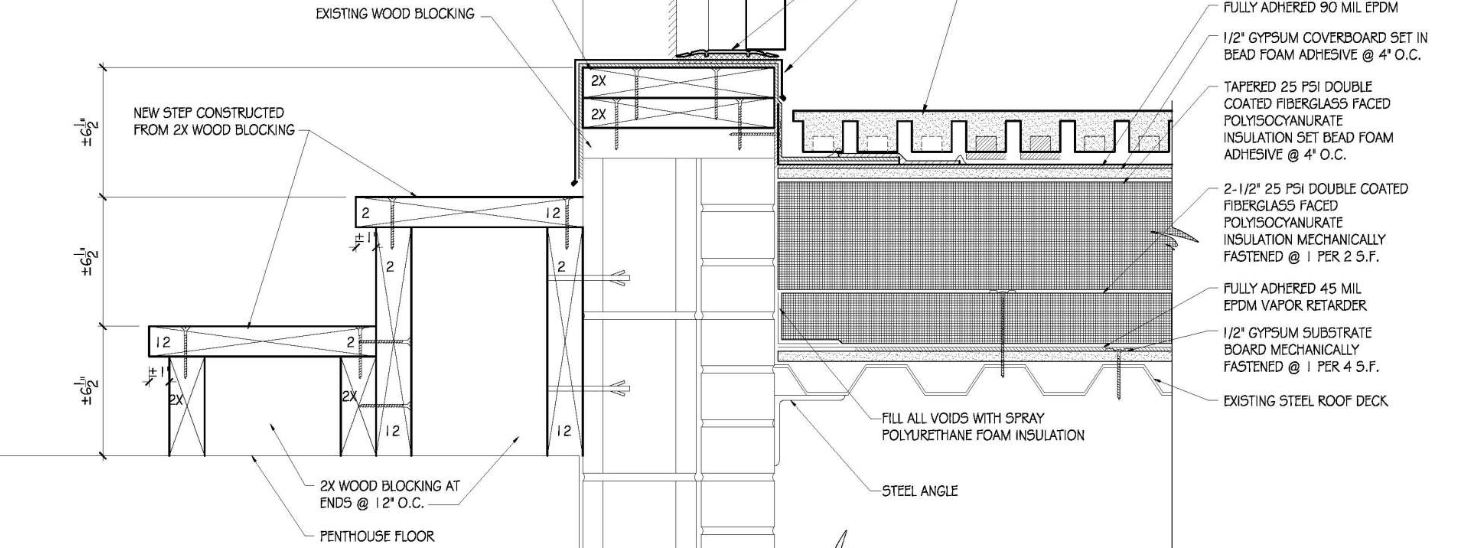
The novel coronavirus, or COVID-19, has fundamentally changed the way Americans do business. Because of the pandemic, business owners now face the dilemma of either trying to keep up with constantly changing orders, rules, and guidelines to keep their doors open, or staying closed and possibly losing their businesses forever.
In this ever-changing world, businesses, especially those providing essential services, need to be proactive to limit the risks associated with the pandemic. This requires businesses to not only protect their employees and customers; it also requires them to protect their bottom line. In addition to complying with all applicable government rules and regulations, many companies are seeking to limit their potential exposure to COVID-19 related claims by seeking liability waivers from their customers.
A liability waiver is a contract between a business and a customer that educates the customer about the risks he or she is undertaking when participating in an activity and seeks to limit the business’s liability for such risks. When customers sign a liability waiver, they acknowledge that they understand the risks associated with the activity and agree to accept them. The customer also typically agrees to waive or limit the right to sue the business for injuries sustained as a result of the activity. Most people have been presented with a liability waiver at some point or another before participating in a potentially risky activity, such as sports, scuba diving, skydiving, or outdoor adventures. However, due to the risks associated with COVID-19, these waivers are now becoming increasingly prevalent for more common and traditionally less risky activities, like dining in a restaurant, shopping in a store, or simply entering business establishments as they begin to reopen.
At this point, it is too soon to tell how much weight these waivers will carry in court. Ultimately, the effectiveness of the waivers may vary from state to state. For example, Virginia and Montana do not allow any liability waivers. New York law provides that a liability waiver is only enforceable so long as it does not violate the public’s interest, it is clear and coherent, and the intention of the parties is unambiguous. (See Gross v. Sweet, New York 1979.) Illinois courts strictly construe liability waivers against the party that drafted them (i.e., the business). (See Harris v. Walker, Illinois 1988, which held “exculpatory clauses are not favored and must be strictly construed against the benefitting party, particularly one who drafted the release.”) And Connecticut courts rarely uphold liability waivers in personal injury claims. (See Hanks v. Powder Ridge Rest. Corp., Connecticut 2005, where a liability waiver was found unenforceable for snow tubers who had no ability or right to control the activity.)
While there may not be a common set of rules for liability waivers among the states, there are some basic legal principles that are almost universally accepted. One is that waivers that limit actions arising from intentional or grossly negligent conduct are unenforceable. (See Mero v. City Segway Tours of Washington DC, D.C. 2013: “Because District of Columbia law prohibits release from liability for grossly negligent, reckless, or intentional acts, the Agreement will not be held to indemnify defendant with respect to such conduct.”) This means parties cannot immunize themselves from claims where they have acted intentionally or with gross negligence. (See Restatement [Second] of Contracts § 195 [1981]: “A term exempting a party from tort liability for harm caused intentionally or recklessly is unenforceable on grounds of public policy.”) Although states and jurisdictions may define gross negligence and intentional acts differently, the overarching premise is its intended conduct, reckless activity or, at the very least, something more egregious than simply failing to act with ordinary care. Depending on how the laws are interpreted and applied to the facts of a particular situation, there is certainly a possibility that exposing someone to a known risk of contracting coronavirus could be considered intentional or grossly negligent, thereby negating the effect of any liability waiver that may have been signed.
Additionally, courts generally will not enforce liability waivers that are considered to be contrary to public policy. In other words, most jurisdictions will not enforce a waiver that involves a matter of great interest to the public. Given the contagiousness of the disease and its potentially deadly impact, it is certainly possible that courts will find that COVID-19 claim waivers are against the public’s interest. However, a counterargument could also be made that these waivers are essential and mandated by public policy because without them, coronavirus-related personal injury or wrongful death claims could potentially force businesses into bankruptcy.
The federal government is currently considering legislation that will create a safe harbor for businesses and nonprofit organizations that follow federal and state guidelines for COVID-19 to protect them against lawsuits. Perhaps they should also consider a COVID-19 compensation fund, similar to the one created by Congress following the 9/11 attacks, to compensate victims and insulate businesses from liability. It is unknown whether any such legislation will pass and even if it does, what protections it will provide — particularly if it requires compliance with the ever-changing and often confusing federal and state guidelines to be effective. Unless or until there is clear legislation and legal precedent governing COVID-19 liability for businesses, business owners may want to seriously consider obtaining liability waivers from their customers to create an additional legal hurdle to bringing a claim or, at the very least, to try and mitigate their liability by providing proof that the customers signing the waivers acknowledged the risk associated with the activities they voluntarily agreed to participate in.
About the authors: Brian Oblow is a Partner at Cotney Construction Law who represents clients in all aspects of construction law and arbitration. Cotney Construction Law is an advocate for the roofing industry and serves as General Counsel for NRCA, FRSA, RT3, NWIR, TARC, WSRCA and several other roofing associations. For more information, visit www.cotneycl.com.
Author’s note: The information contained in this article is for general educational information only. This information does not constitute legal advice, is not intended to constitute legal advice, nor should it be relied upon as legal advice for your specific factual pattern or situation.



Be the first to comment on "Are COVID-19 Liability Waivers Enforceable?"